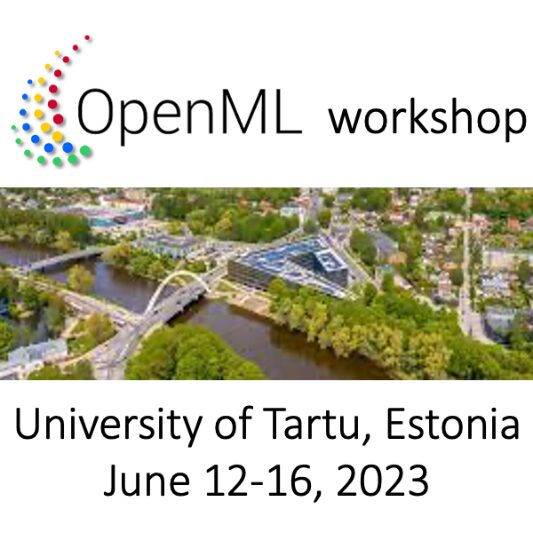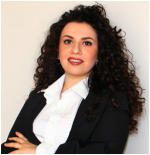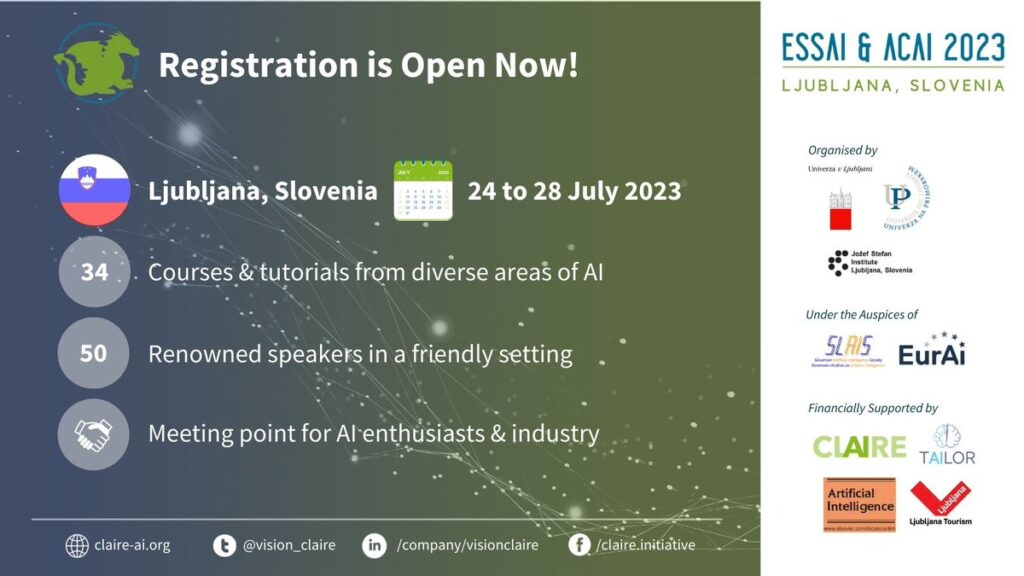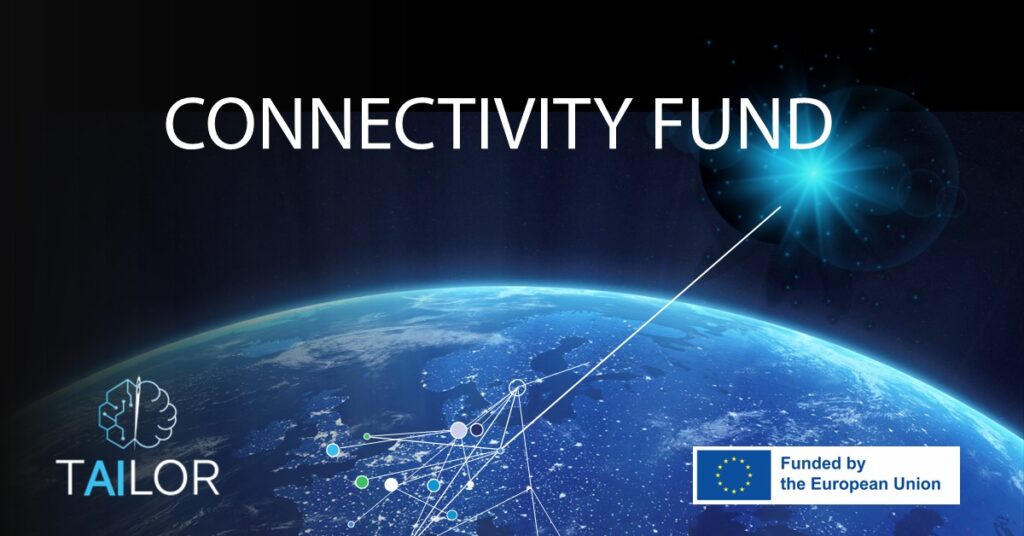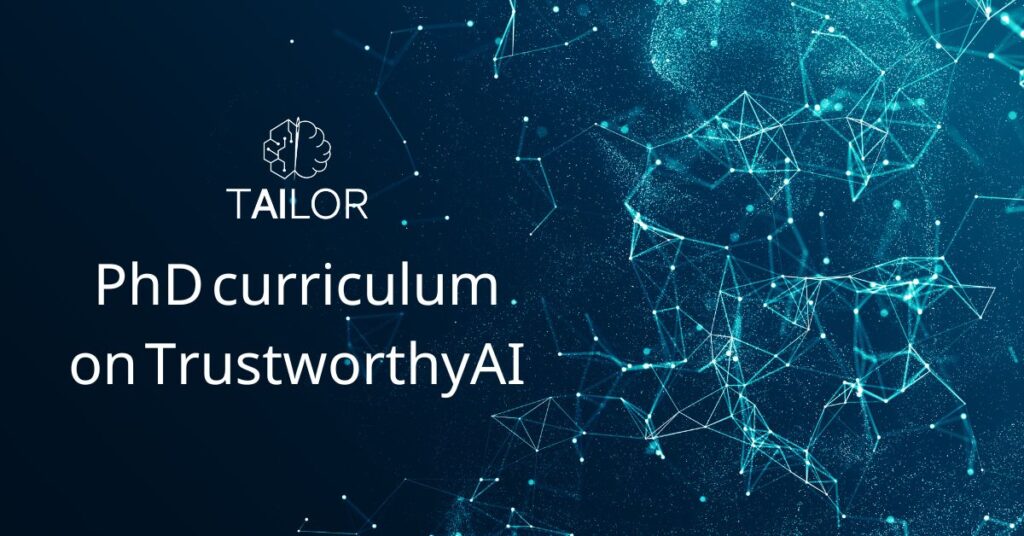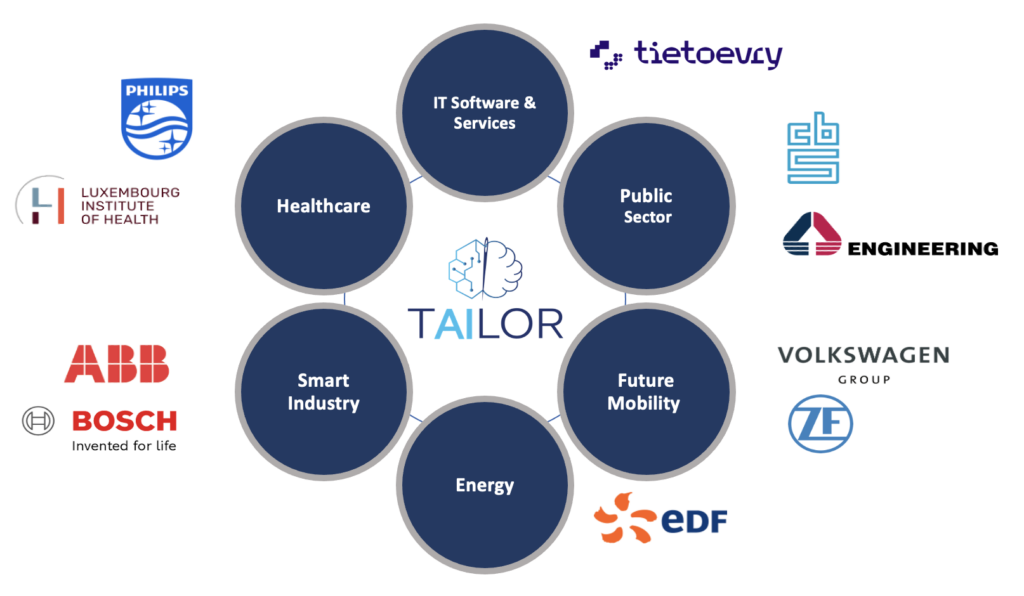Multi-Objective Rating Systems
Paolo Turrini Associate Professor at the Department of Computer Science, University of Warwick This project studies rating systems with multiple objectives, where users are matched to items in order to satisfy several desirable properties. In particular, it looks beyond classical Pareto efficiency, modelling and studying allocations that satisfy fairness, diversity and reliability. This project will […]
Multi-Objective Rating Systems Read More »


